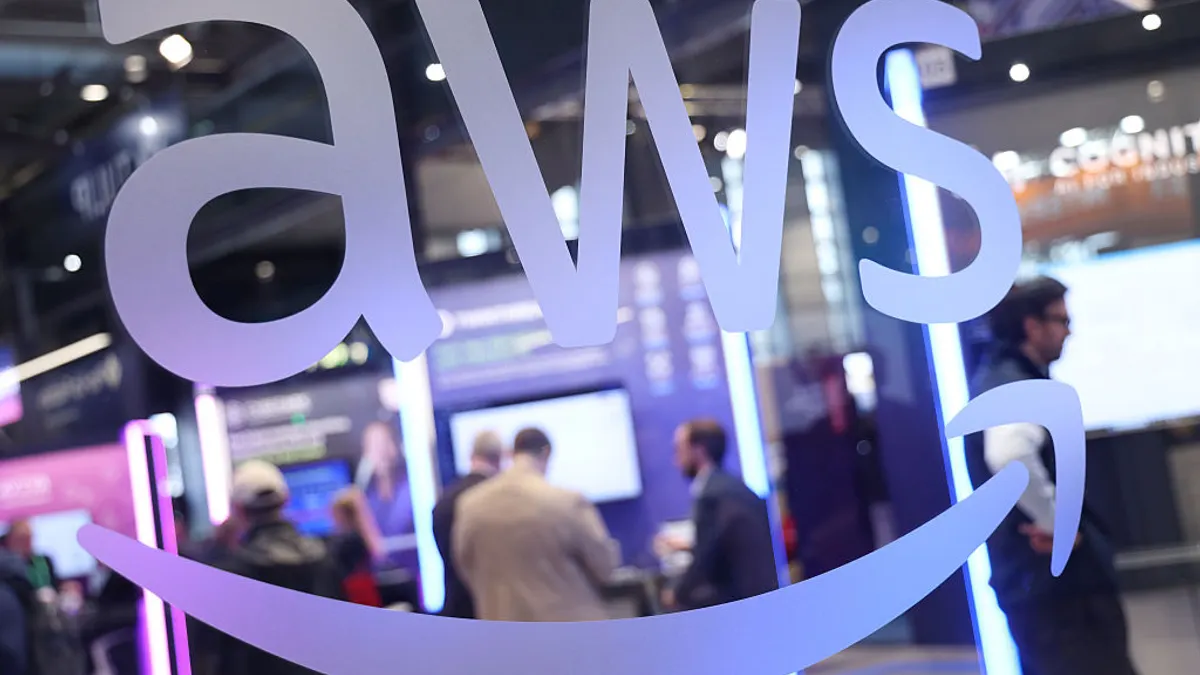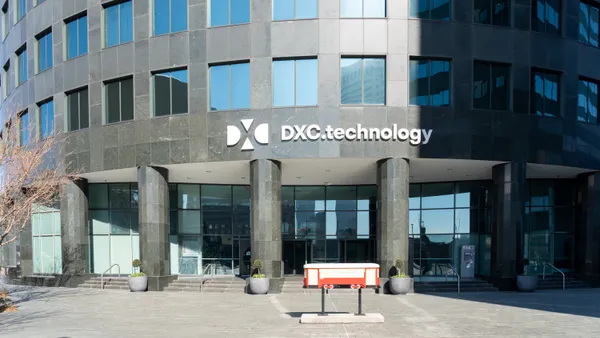Dive Brief:
- ServiceNow and Nvidia developed an open-source AI model to fuel enterprise agents as part of an expanded partnership introduced Tuesday at ServiceNow’s annual Knowledge conference.
- The pair of vendors designed Apriel Nemotron 15B to provide agentic capabilities at a lower cost. ServiceNow and Nvidia noted that the model delivers lower latency and inference costs, making it faster and more cost-effective to run on Nvidia’s infrastructure. Customers can begin accessing the LLM in Q2 2025.
- ServiceNow and Nvidia also unveiled a joint data flywheel architecture or data feedback loop to improve AI agent performance by integrating select Nvidia NeMo microservices with ServiceNow’s Workflow Data Fabric. The architecture “enables a closed-loop learning process that improves model accuracy and adaptability,” the companies said.
Dive Insight:
Enterprises are exploring AI agent use cases and the value that agentic services can bring, but leaders have concerns.
Technical and organizational challenges are plentiful, from governing the tools to securing the ever-expanding attack surface. Plus, nearly 2 in 5 businesses say integrating the technology with current systems is very or extremely challenging, according to a Cloudera report published last month.
Workers have expressed concerns, too, especially in terms of accuracy and reliability. More than one-third of workers said AI-produced work is subpar compared with their own, according to a Pegasystems survey.
CIOs, however, continue to have high hopes for the technology. Businesses have mostly aimed implementation efforts at the IT service desk, data processing and code development, according to a Tray.ai report.
Walmart is an early adopter of the technology, giving developers access to agents designed to identify accessibility gaps in code. Expedia is in the experiment phase, enabling employees to experiment with AI agents as part of a generative AI playground. Other companies on the agent deployment path include Toyota Motor Corporation, Estée Lauder Companies and KPMG.
For their part, vendors are working to ease concerns and lower barriers to entry. Most technology providers have curated toolkits and services to accelerate agent development and implementation for enterprise customers.
ServiceNow added thousands of pre-built AI agents earlier this year to kickstart adoption among customers. Salesforce expanded its model lineup last week in support of agentic AI, adding variations to increase accessibility and deployment flexibility across potential environments. Snowflake released its own agents in February that can identify fiscal year start dates, explain internal naming conventions and prioritize key tables during SQL generation.
















